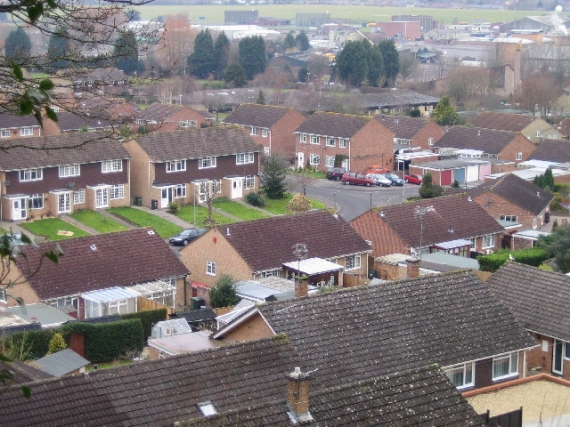
The latest Housing Market Monitor published this week by Banking & Payments Federation Ireland (BPFI) shows that housing supply is feeling the impact of Covid-19 disruptions and won’t match demand until at least the end of 2023.
With a decline in both completions and commencements of new builds this year due the current pandemic the supply of housing stock in the year ahead will now fall well short of expected current and pent up demand.
BPFI warn that despite the better than expected recovery in the construction industry following the impact of the severe Covid-19 restrictions earlier this year, the completion of new housing supply will not only be lower than expected in 2020 but the shortfall in the commencement of new units this year will create a knock-on effect into next year and beyond:
Housing completions in Ireland recovered somewhat in the third quarter of 2020, after a significant fall in the second quarter due to pandemic related public health measures. However, total completions in the nine months ending September 2020 saw a 10% decline compared to the same period in 2019.
On the other hand, when the commencement activity during 2020 is examined, which is an indicator for potential output in 2021, it can be seen that as of August 2020 commencement levels were down by around 24% compared with the same period in 2019. The latest data shows that there were almost 3,200 housing commencements in the July-August period of 2020, a decline of around 37% year on year. Dublin and Dublin Commuter recorded the highest year-on-year declines, down by 56.1% and 48.7%, respectively.
BPFI say even if the number of commencements for the rest of year were to match the levels observed during the same period in 2019, this would only bring total commencements to around 20,000 units in 2020. Hence, lower than expected commencement numbers in 2020 will put pressure on the number of new dwellings to be completed in 2021 at a time when most observers expected housing supply to catch up with both current and pent-up demand, estimated to be around 35,000 units. It is now likely that housing output will not reach these levels until the end of 2023.
Evaluating the likely demand for housing, Chief Economist at BPFI, Dr Ali Ugur points to the significant rebound in both mortgage drawdowns as well as mortgage approvals in the third quarter of this year with October recording €1.25 billion worth of mortgage approvals, the highest one-month total since the data series started back in 2011.
This increased level of approval activity is expected to provide a good pipeline for mortgage drawdowns for the rest of the year as well as in the first quarter of 2021.
Commenting on trends, Dr Ali Ugur said, "Income levels as well as future expectations play an important role in housing demand, in addition to other factors such as demographics and interest rates. Given that some of the uncertainty around the overall economic effects of the pandemic that was present initially has been diminishing over time, demand for housing can continue to move on the trend that was evident before the pandemic."
Source: www.businessworld.ie

















